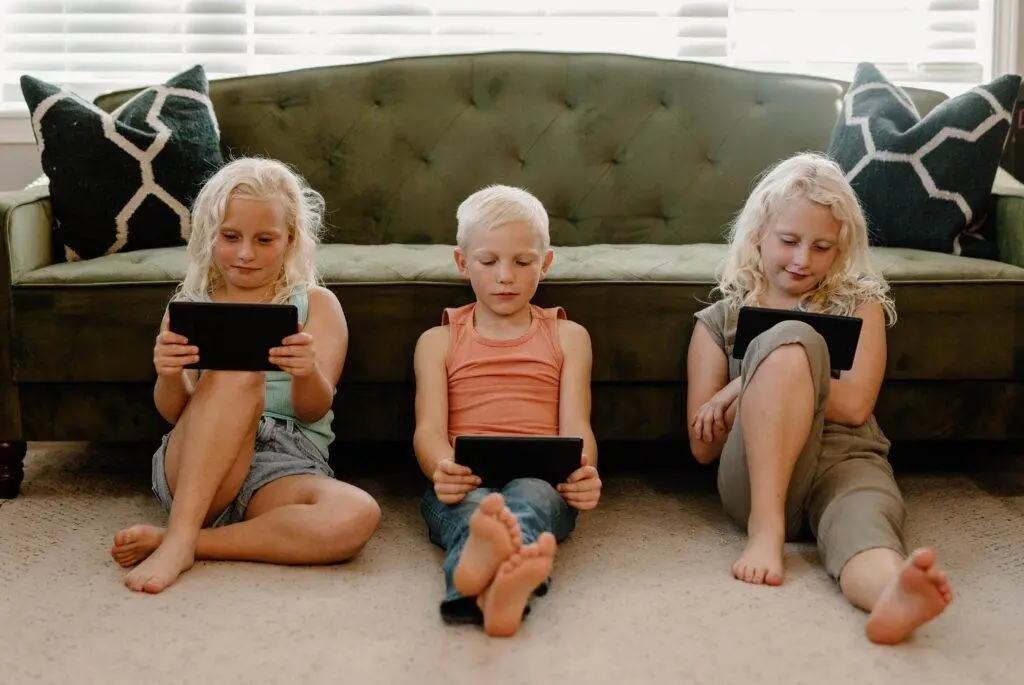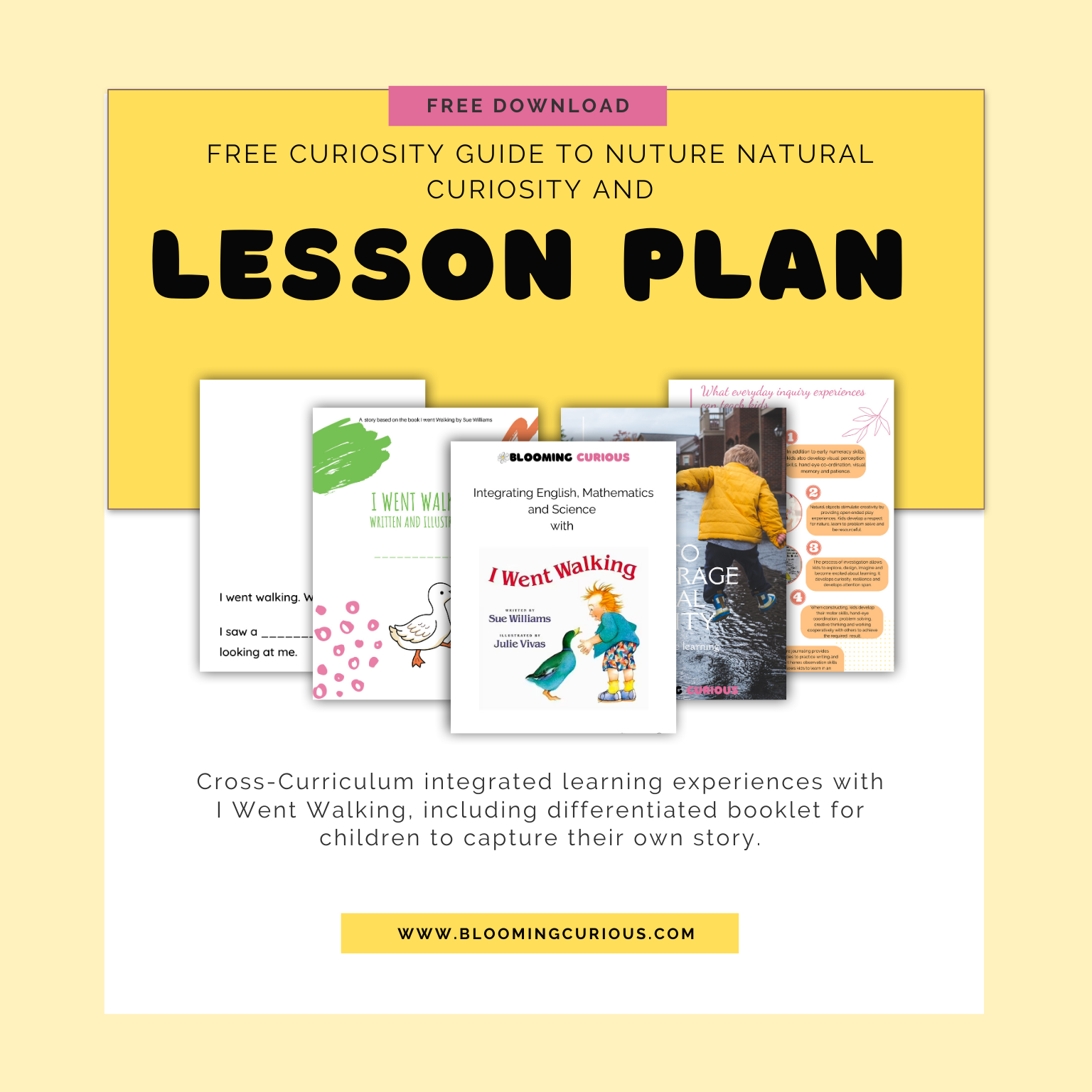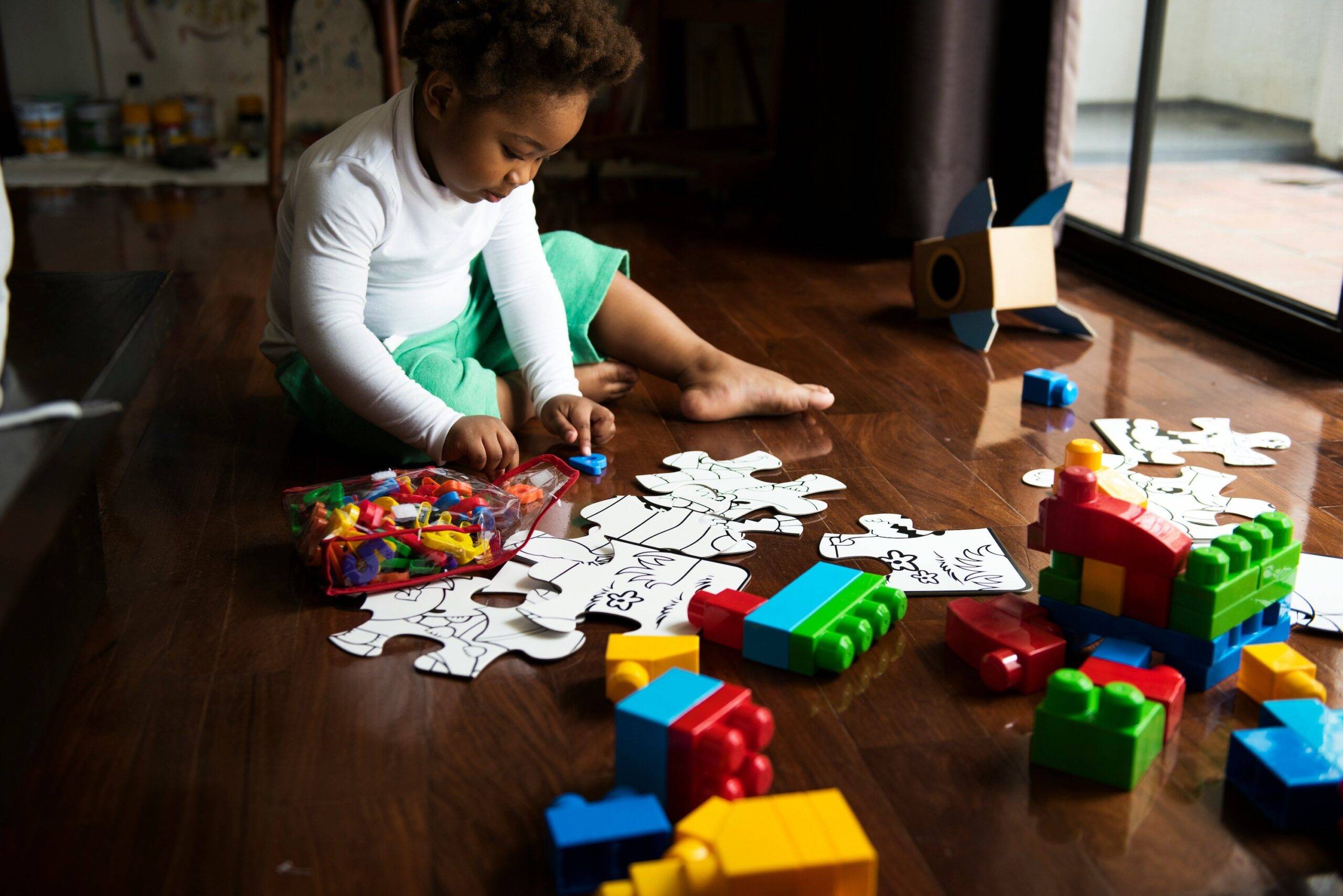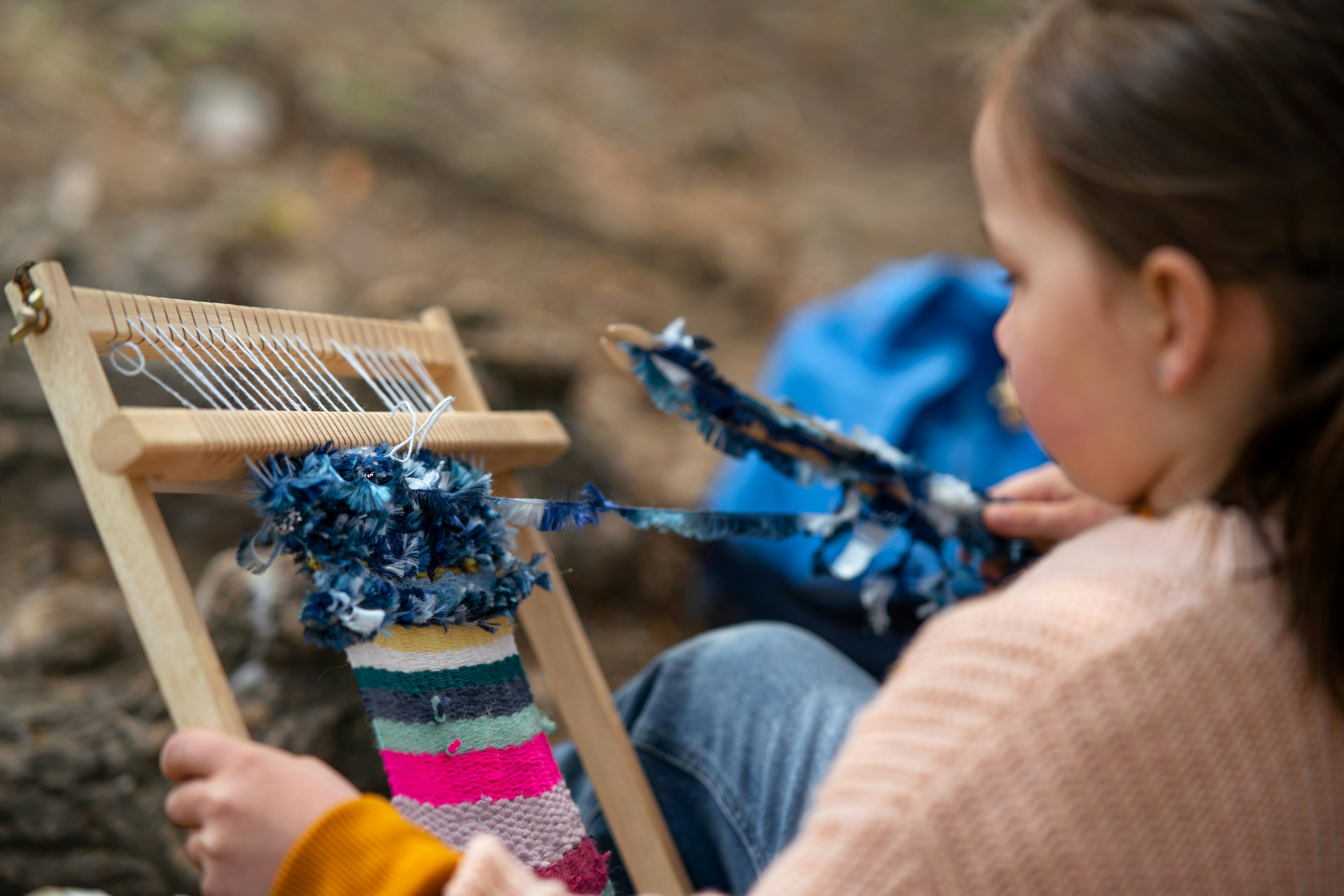Some of the links below may be affiliate links. This means that, at zero cost to you, I will earn an affiliate commission if you click through the link and finalise a purchase. All product recommendations are products that I have used and loved, or products that I would recommend based on experience.
How do we raise children in a world driven by technology?
Raising children in a technological world is challenging. How do we safeguard our children and ensure they thrive socially and emotionally? How do we raise them to have respect for themselves and others in a world that appears to have lost its moral compass?
It’s obvious from social media that many of the values that my generation grew up with, are no longer seen as important. Things like table manners, making eye contact when you speak to others, saying please and thank you, taking responsibility for your actions, not giving up in the face of adversity, and treating others with kindness and respect.
Technology is a wonderful thing…when used appropriately with children and in front of children.
Nowadays, young children have ipads and phones. Go into shops and doctor’s surgeries and you’ll see young children playing on their parents’ phones or on their own ipads. Or as I have seen so many times, a child playing idly or playing up, while their parent is staring at a screen with thumbs swiping. As an educator I find this a disturbing phenomenon.
Of course children get bored and restless. Sometimes children need to be entertained. The question we need to ask as parents is this, “Is there a better way to raise our children?” I am not claiming to be a parenting expert, or to have all the answers. I do know that over the years of teaching, children have become increasingly restless, increasingly they struggle to focus, increasingly they have difficulty socialising and increasingly their reading and ability to express themselves verbally have deteriorated. So as an educator, I must ask why?
The one thing that we as parents can do for our children, is to be present.
That means engaging with our children. Don’t get me wrong, I do think there are times that children need to occupy themselves. We need to model and teach children that it is ok to be bored at times, it’s ok not to be busy all the time or to have something to occupy us every moment of every day. It is ok to be still or quiet sometimes. We do not need to be entertaining our children 100 percent of the time. It’s during quiet times that all of us are able to tap into our creativity.
So encouraging children to come up with their own activities is great for developing creative thinking and problem solving. That ability to tap into creativity is not found on a screen – this is especially true in the early years when our children’s brains are still growing and when we want as many neural pathways to form as possible.
Raising children that have interests other than technology
Children mimic our behaviour. When we show our love and enjoyment for nature, learning, reading, playing games, drawing or colouring, they will too.
Keeping them off devices as much as possible when they are young, and instead talking to our children teaches them skills that no device can. How to communicate effectively, construct sentences, use the correct tone in different situations and of course giving them opportunities to also pick up on non verbal communication such as eye contact and body language.
Of course, this means that we must model this behaviour to our children, which means that we need to stay off our devices too.
Here is something to think about. If you were trying to have a conversation with a friend or partner, and they were preoccupied with something else and not looking at you or acknowledging you, how would that make you feel?
Would you feel heard?
Respected?
Loved?
Valued?
When our children are trying to engage with us, are we ensuring that they feel heard, respected, loved, and valued?
In my conversations with young students, I can sadly report that many don’t feel valued or heard.
Boredom Busting Alternatives to Technology
So what alternatives are there for screens? Allow me to share the little trick I used when my children were young. I had a little thing I called a “Boredom Buster Bag”. A small backpack that contained an array of goodies that kept my kids occupied whilst we were visiting friends, the doctor’s office, flights, or anywhere really that they might get bored or restless. Your boredom buster bag should contain things that your kids enjoy and that are age appropriate.
A Boredom Buster Bag may contain the following:
* ALWAYS a few of their favourite books that you can read to them or if they are old enough, they can read to themselves
*Some of their favourite toys (small cars, animals, dolls etc)
*Coloured pencils or crayons
*A colouring-in book
*Some blank pages or a sketch book for drawing
*A pack of cards like Go Fish, Happy Families or Uno
*A small bag of tick tack toe or a magnetic travel set
*A puzzle
*Lego
*Any Where’s Wally book
Conclusion
Using technology appropriately, being present for your children and using simple alternatives that promote hands-on higher learning skills, are some better choices when raising children in our over stimulated, technologically driven world.
What do you think? Do you have some other alternatives? Let me know over on Facebook
If you have found this post informative or interesting, please share it and subscribe below to my weekly inspirational newsletter, Get Curious, which is for curious educators.
Listen🎧 to the accompanying podcast episode at https://bloomingcurious.com/podcast-episode/ep-4-how-to-mini…-childrens-lives/









